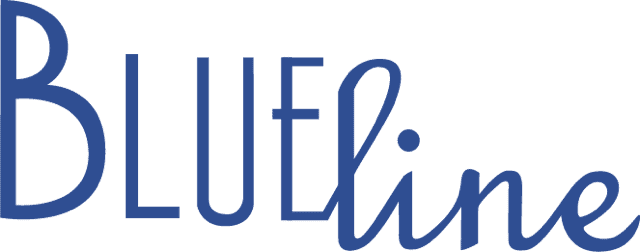Are each of these popular beliefs true or just learning myths? You can find the answers below.
#1 Adapting to learning styles improves learning outcomes
Teaching learners about learning styles and matching instructional strategies to individual learning styles (auditory, visual, read/write, kinesthetic) improves learning outcomes.
Truth or myth?
#2 Cash incentives improve motivation
Offering cash payments or other valuable extrinsic rewards for good test scores (on courses that cover technical or analytical subjects) improves learning outcomes.
Truth or myth?
#3 IQ is fixed by the age of 15
IQ is fixed in most children by the age of 15. After it is fixed, students can always learn more, but IQ cannot be improved.
Truth or myth?
#4 Test-taking ability is a self-fulfilling prophecy
There is no such thing as a naturally bad test taker. But if an adult learner believes he is a naturally bad test taker, the fight or flight system activates in the brain and suppresses the higher-level thinking skills required to do well. In short, a person’s belief in his own test-taking ability becomes self-fulfilling.
Truth or myth?
How did you do?
#1 Adapting to learning styles improves learning outcomes: MYTH
The most comprehensive study to date on learning styles was published by researchers Pashler, McDaniel, Rohrer and Bjork in 2008, called “Learning Styles: Concepts and Evidence.” It turns out that the myth of learning styles is often counterproductive because teaching students about learning styles leads to the false conclusion that they are not capable of learning if the material is presented in a method that doesn’t match their learning style.
#2 Cash incentives improve motivation: MYTH
Offering cash payments or gift certificates for good scores actually decreases learning outcomes in the long run and often encourages cheating. This is especially true for courses in technical subjects or mathematics. Instead, the best way to get a student to do something that requires diligent work is to increase their intrinsic motivation to learn.
#3 IQ is fixed by the age of 15: MYTH
Researchers often break total intelligence into two categories. The first they call fluid intelligence, or Intelligence Quotient (IQ), which is your raw ability to perceive relationships, reason, and solve problems independent of any specific experience or education. The second is the sum total of everything you have experienced and learned. This is often called crystallized intelligence. It is the two working together that produces your total intelligence.
While education and training can clearly improve crystallized intelligence, it was thought that fluid intelligence was fixed by some point in the teenage years. This belief has recently been called into question. It turns out that the biggest single component of fluid intelligence, or IQ, is the working memory capacity: the ability to hold and manipulate things in memory. Working memory capacity was thought to be fixed until researchers from the University of Michigan demonstrated that it can be increased with the right practice. Increasing working memory capacity improves IQ.
#4 Test-taking ability is a self-fulfilling prophecy: TRUTH
Scientists have mapped the entire human genome and found no gene for test-taking, which means that no one is genetically predisposed against test taking. However, researchers have shown that if students believe they are bad test takers (or for any other reason fear a test), their brains will engage fight or flight mechanisms the moment they sit down to take the test. Students who know the test material inside and out may still have difficulty recalling the information if they perceive the test as a threat or fear that they are bad test takers. This response reduces the student’s ability to engage their cortex to recall and effectively use the information they have learned to answer test questions.
| Here are two strategies for overcoming the fight or flight response that produces poor test performance: Learn to control your fight or flight response Just before you start a test, tell yourself to calm down and that the test is not a threat. Just telling yourself to calm down works because you feel empowered and less threatened. It also causes your cortex to send a signal to your limbic system to dampen the fight/flight response. Remind yourself that you know the material and tell yourself that you are happy to have the opportunity to demonstrate what you know. Learn to recognize the signals that you are entering fight or flight mode If you start to feel the jitters and a surge of adrenalin, recognize that these are the first signs that your brain is entering fight/flight mode. Stephen Daugherty, PhD, who is one of the leading experts on test-taking strategies, suggests that when you find yourself entering fight or flight mode during a test, the best thing to do is take a short mental time out. Push your chair a few inches away from the desk. Close your eyes (or at least take your attention off the test) and think about something relaxing. When you feel the jitters and tension go away, remind yourself that you know this material and go back to answering questions on the test. |
Now that we’ve separated the myths from facts, here are the takeaways:
- Appealing to differing learning styles can be counterproductive
- Cash incentives don’t work
- IQ isn’t fixed
- Inherent ability to take tests is not predisposed
What does work?
Here’s the truth: immersive learning simulations transform the way that learners build new knowledge and skills. When these experiences are carefully crafted to maximize participant engagement and put learning in context, they motivate participants intrinsically, driving knowledge retention and skills acquisition. Blueline builds cost-effective, custom, and tailored immersive learning solutions for global brands on a mission. Get in touch to learn more about what we do.


